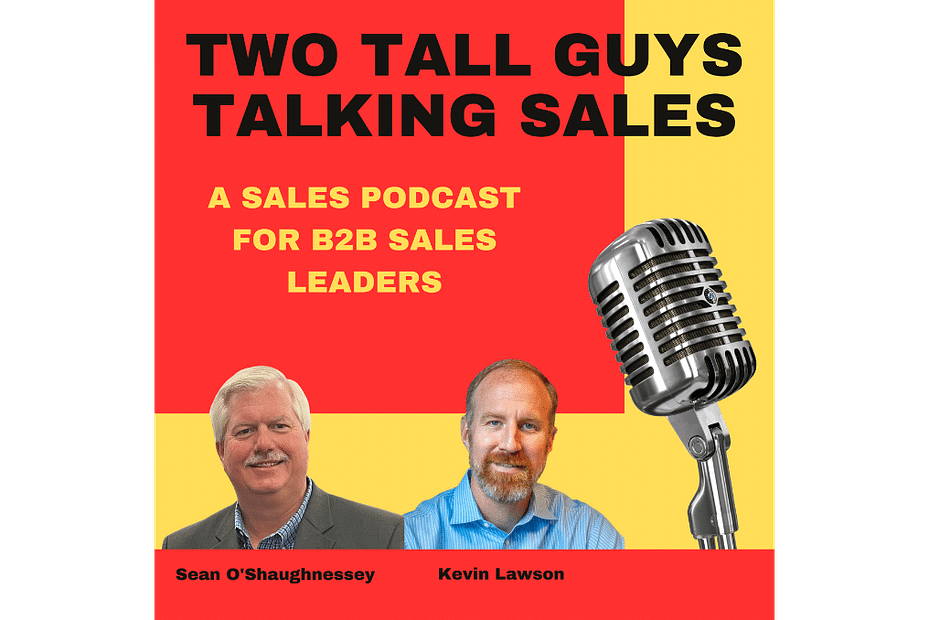Sales Management with AI: Chat Interfaces vs. Automation Workflows
Sales organizations today face a critical decision: should they rely on interactive chat interfaces like ChatGPT, Claude, or Gemini, or should they focus on automation workflows? The answer isn’t either/or. Each approach has unique strengths, and choosing the right one directly impacts sales processes, productivity, and revenue generation.
The problem many sales teams encounter is “random implementation.” They hear about a new AI tool, adopt it quickly, and use it for the wrong purpose. The result? Chat interfaces get bogged down with repetitive work, and automation gets tasked with jobs that require creativity and nuance. Misuse not only reduces efficiency but also frustrates teams and erodes trust in artificial intelligence altogether.
So how do you know when chat is the right fit? The decision comes down to task complexity and uniqueness. Chat excels in situations that require creativity, flexibility, and human judgment. Four categories consistently stand out:
- Creative and strategic tasks: proposals, executive messaging, strategic planning, and competitive positioning.
- Complex problem-solving: sales opportunity strategy sessions, unique customer needs, and crisis management.
- Learning and development: role-playing objection handling, skill coaching, and competitive intelligence training.
- Research and analysis: prospect research, market analysis, and strategic planning.






